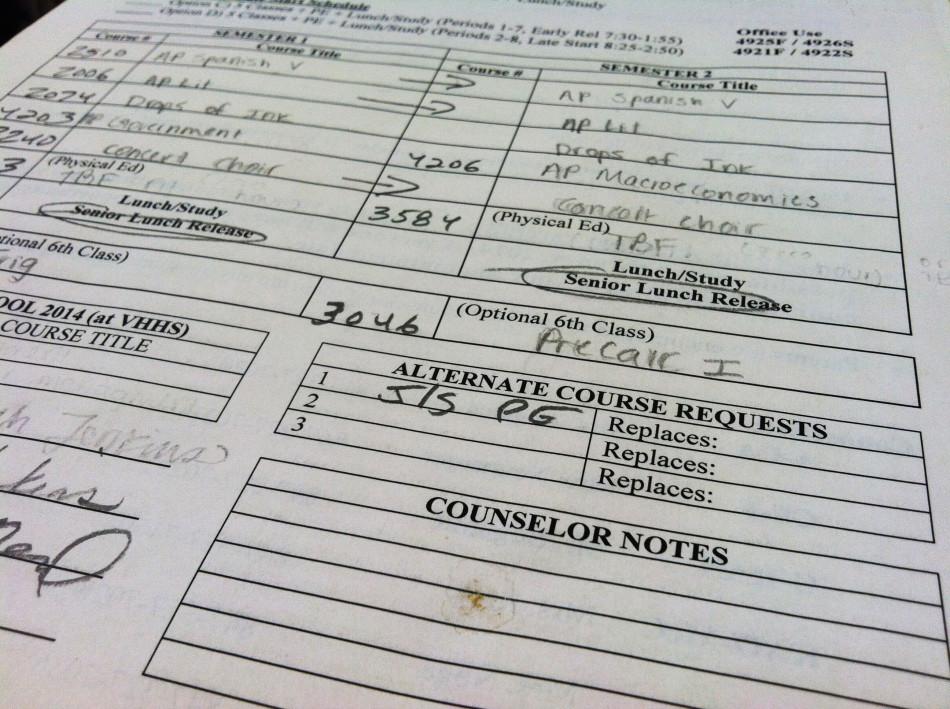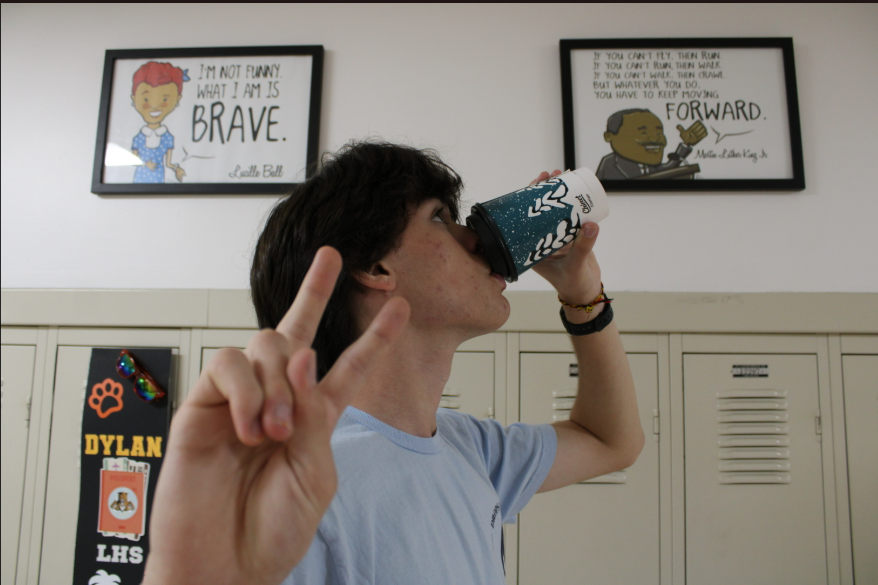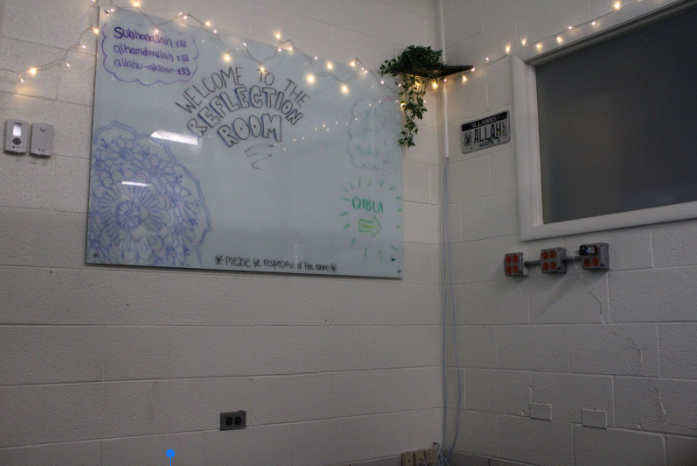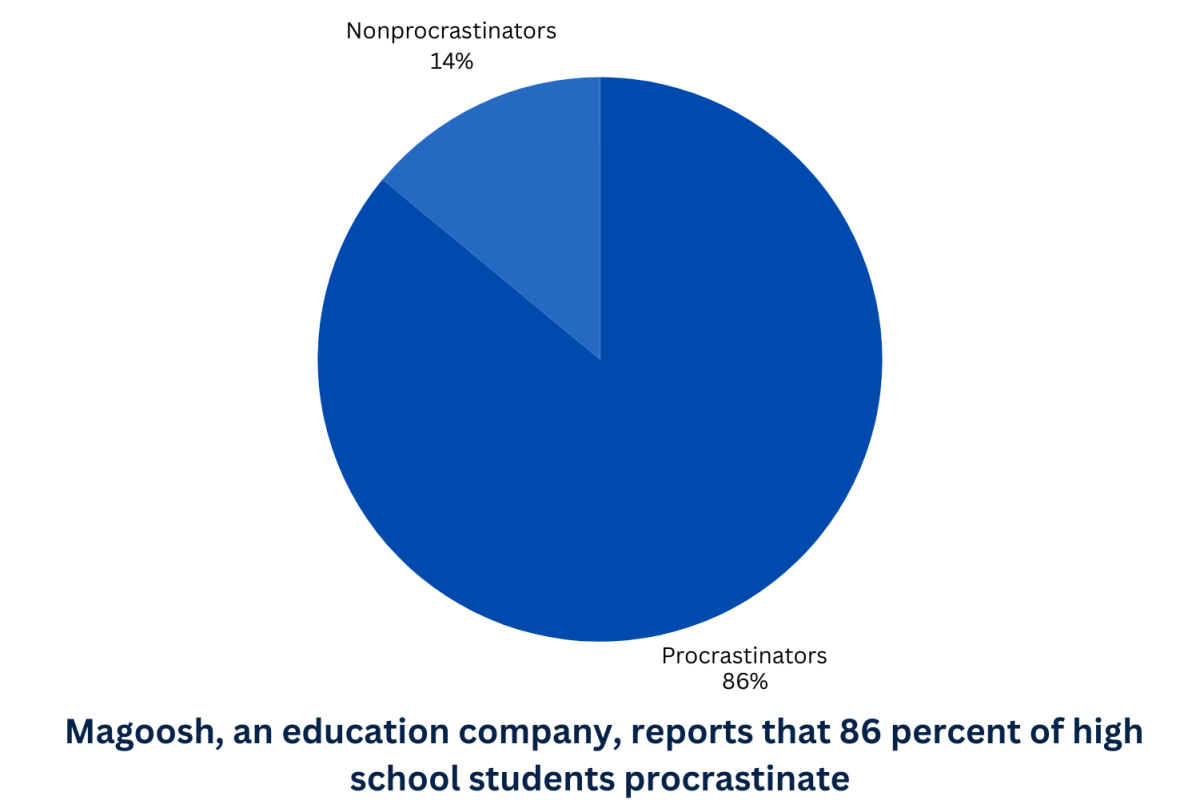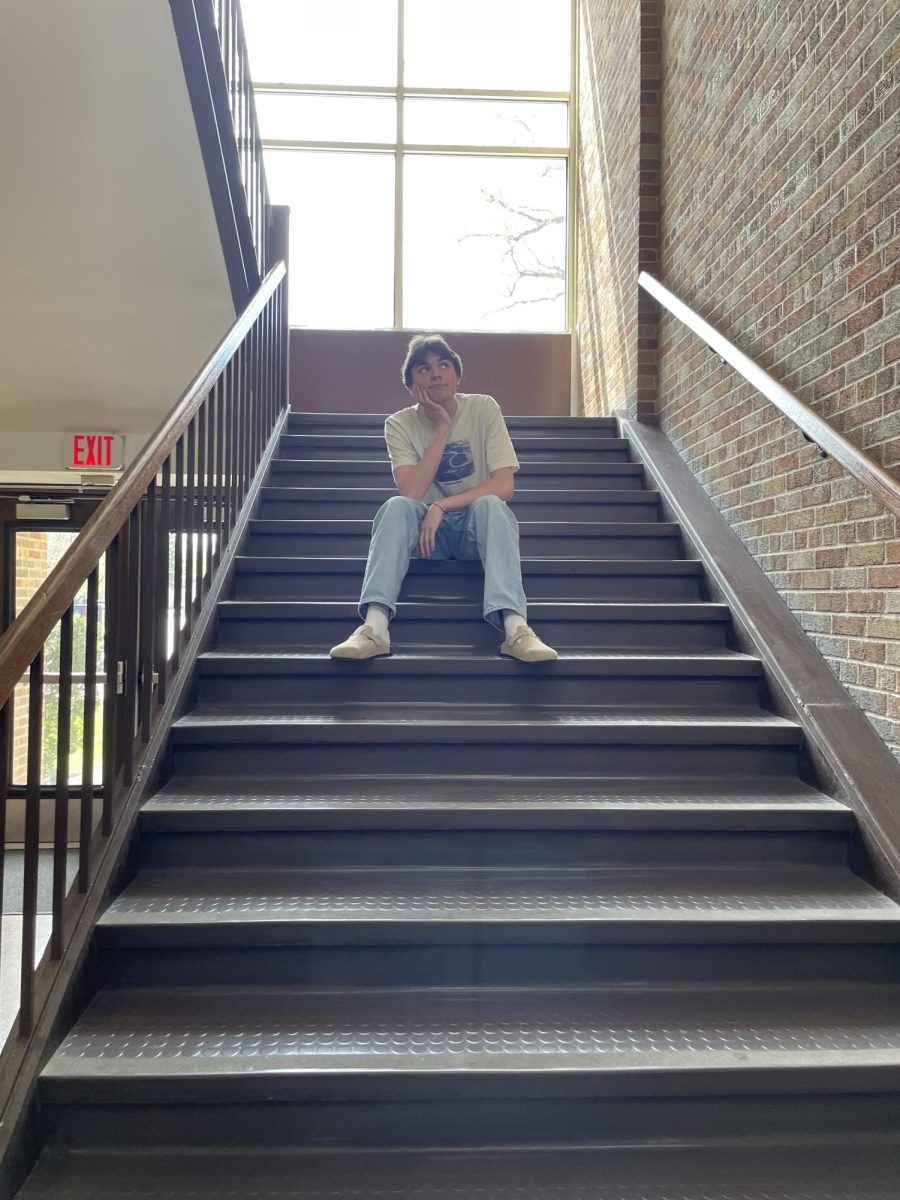Students would love if they could pick teachers. Almost every kid has a favorite teacher, or a group of them, so they would adore the fact that they could select that teacher again, especially because many teachers instruct more than one type of class. However, if Libertyville High School students would be able to pick their teachers for classes, it would cause havoc.
In theory, it seems like an innocently brilliant idea: kids are able to have more of a say in what type of teaching style benefits them the most, thus, being able to learn better and easier. Yet, there are problems with this, because kids would pick loopholes into the delicate system.
Currently, students at LHS can’t pick their teachers; according to page 15 of the student handbook, “It is the school’s philosophy that students select their courses, not their teachers.”
But, the page goes on to explain, that if the student has had or a sibling has had a teacher before and that student doesn’t want to have that teacher again, their parent/guardian must write why they don’t want that teacher and the counselors will do their best to meet that student’s request.
However, that doesn’t provide all the solutions students would want since they always crave to have friends in their classes. Therefore, they would start to pick out the same classes and teachers as their friends so they would have a better chance of being with them.
When students are in the same class as their friend, they get to have more fun, create everlasting inside jokes, always have a person to shine their eyes on when the teacher says to partner up and continually have a personal tutor if they get confused.
However, this would defeat the whole purpose of the freedom to pick a teacher in addition to the class.
Choosing teachers would allow students to pick a teacher they feel teaches the ideal way of learning that a student needs so they can absorb more from the class (and miraculously) have some fun. The student would be able to comprehend better, therefore, being able to achieve more, in order to get better grades.
Yet many students wouldn’t see this side of a wonderful opportunity of choosing a teacher because many would be stuck on the fact that they might have a bigger chance to be with their friends. Or, kids could get swayed into picking a teacher based on what their peers have said about them. Therefore, they might find the way the teacher instructs difficult to follow, so the kid might end up doing worse off, which is the complete opposite of what this system would be designed to be: to make the learning easier for the student.
In addition, there could easily be a bigger demand than supply of the amount of classes a certain teacher teaches; thus, some students wouldn’t have their selections honored. And that would upset many since it isn’t just a process that the school makes. It involves students’ suggestions, therefore, students would be aware of what other classmates put for the teachers they wanted, so some students might feel like the counselors made decisions based on how well-liked or how hardworking the student is.
It wouldn’t be fair for only some students to get their suggestion met, especially since the counselors would have to find out how they would meet the students’ suggestions, either by first come first served or by random selection, or another process.
Involving students in this process would complicate things, majorly. It is complicated enough to meet the selections of all the students’ courses. The counselors have to find a spot for every class applied to for the 2,000 plus kids that go to LHS. It can be near impossible to switch classes, as it is, if a student wants to switch to a different class since the slots are already filled. Trying to add teachers as another detail to course selection would make it impossible to meet everyone’s likings.
Plus, even though it sounds corny, it’s true: it’s good to meet new people and make new friends. And by tricking the system and getting yourself into the same class as your friend, you’re more likely to spend all your time talking with your friend, which keeps you from meeting new faces. And although many enjoy being in their comfort zone by sticking with known friends, sometimes you make the best of friends outside your comfort zone.



